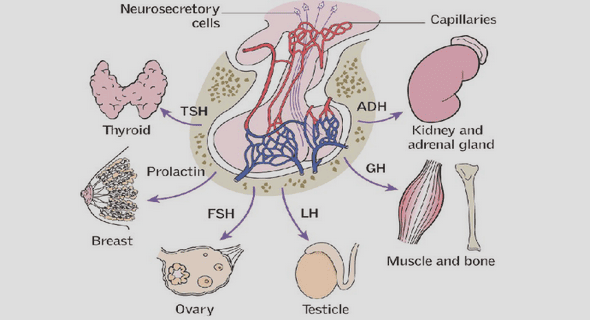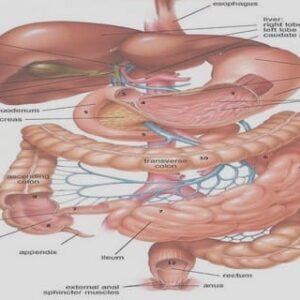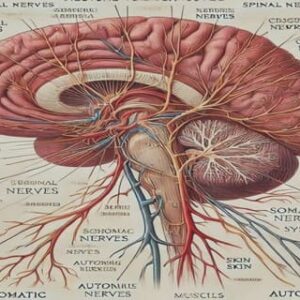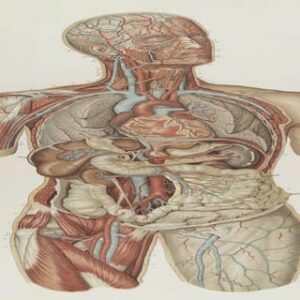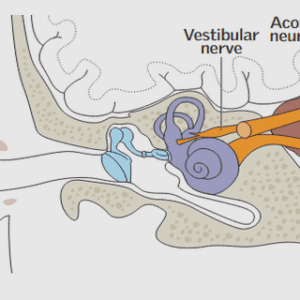(Downloads - 0)
For more info about our services contact : help@bestpfe.com
Table of contents
1 General Introduction
1.1 A fresh look at IBS – opportunities for systems medicine approaches
1.2 IBS, FODMAPs
1.2.1 Functional gastrointestinal disorders (FGIDs)
1.2.2 Aetiology IBS and physiopathology
1.2.3 Clinical practice
1.2.4 FODMAP diet
1.3 Intestinal microbiota
1.3.1 Function
1.3.2 Toxic metabolite hypothesis
1.4 Bacterial Metabolites; aldehydes/ methylglyoxal
1.4.1 Chemical properties of methylglyoxal
1.4.2 Biological properties of methylglyoxal
1.4.3 Deleterious effects of dicarbonyl stress
1.4.4 Detoxification – glyoxalase system
1.5 Intestinal barrier function
1.5.1 Epithelial barrier
1.5.2 Permeability
1.5.3 Mucus barrier
1.6 Aims and Outline of Thesis
1.6.1 Hypotheses
1.6.2 Approach
1.6.3 Experimental procedures
2 Project Results
2.1 Mucus organisation is shaped by colonic content; a new view
2.2 FODMAPs increase visceral sensitivity in mice through glycation processes, increasing mast cell counts in colonic mucosae
2.3 Increased FODMAP intake alters colonic mucus barrier function through glycation processes and increased mastocyte counts
3 General Discussion
3.1 Fermentable carbohydrates and IBS symptoms
3.2 Immune activation
3.3 Permeability
3.4 Role of glycation in efficacy of low-FODMAP diet
3.5 Mucus barrier
3.6 Concluding remarks
4 Acknowledgments
5 Publications, Dissemination and Training Activities
5.1 Publications part of this thesis
5.2 Other Publications
5.3 Oral presentations
5.4 Poster presentations
5.5 Other training and dissemination activities
6 References
